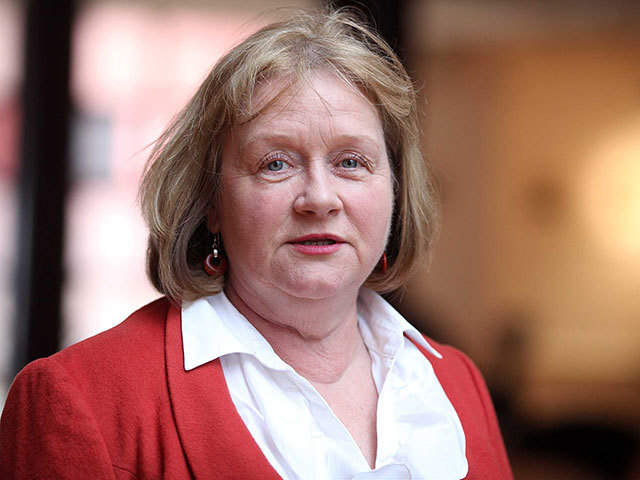
Last May it was reported that the percentage of women in the offshore oil industry had dropped to a new low, despite long running efforts to make it more attractive to the women.
Oil & Gas UK found that 2,237 women worked offshore in 2013, representing only 3.6% of the total of around 62,000 people who traveled to work in areas such as the North Sea.
In 2012, 2,138 women worked offshore, which represented 3.8% of the total 57,000 people working in the UK.
It makes sense, therefore, that the oil and gas industry is referred to as a ‘boy’s club’ with a recent survey by BP and Rigzone finding that 72% believe it is male dominated.
But there is a growing realisation that the industry must work at becoming more attractive to women as a healthy pipeline of new talent is needed to cope with escalating energy demands.
What needs to change in the industry?
Strong female role models and mentors need to highlight that breaking into this industry can be done.
There are examples such as Maria das Gracas Silva Foster, who is head of Brazil’s national oil company, and named by Fortune magazine as the most powerful female executive in the world.
Closer to home Jeanette Forbes is one of the few women currently working in technology and engineering in the oil and gas industry, and has run her own company PCL Group for the past 14 years.
She wants other females to tackle this ‘man’s world’ with more confidence from a younger age.
Her advice would be the same as mine – be a first class woman and not a second class man.
Belief in yourself is vital, as is the desire to be as good as you can be irrespective of anyone else, male or female.
But even Ms Forbes acknowledges that although the industry has excellent career prospects for women, the culture change is still a work in progress.
As with any underdog, support is needed for progression, and there are a number of female networking groups appearing in international oil and gas companies that are offering this.
In Australia, the Women in Oil and Gas (WIOG) group helps women in oil and gas companies to network and promote diversity, as does the American community WOGA (Women in Oil and Gas Association).
Women do need to be supported with family-friendly policies with help, for example, in returning to work after starting a family.
Global conferences such as Offshore Europe in Aberdeen and ADIPEC in Abu Dhabi include forums highlighting the importance of women in industry in their conference programmes, and this must be continued and used as an example for other such events.
In the final report of the Ian Wood commission, the industrialist identified 53,000 young people out of work and not in education in Scotland.
This 18.8% unemployment rate is almost three times the all age unemployment rate of 6.4%.
More than 50% of school leavers do not go to university, and very few gain industry relevant vocational qualifications while still at school.
The report recognises that for the future economy, higher level skill and knowledge of science, technology, engineering and maths (STEM) will be increasingly important in the years ahead.
And this should be prioritised by local authorities to develop Scotland’s young workforce.
By contrast, the Scottish renewable energy sector is having great success in attracting women.
A Scottish Renewables survey in March 2014 found that more than a quarter of employees are women – 28% – which is a larger proportion than the oil and gas or the nuclear sectors at 21% and 18% respectively.
Existing renewable projects such as the Scottish Resource Centre for Women in Science, Engineering and Technology at Napier University, and new networks like Women in Renewable Energy Scotland (WiRES) have delivered results in providing support and recognising the skills that women bring to the field, so it can be done.
A recent Bank of Scotland survey stated that companies in the UK oil and gas industry expect to create up to 39,000 jobs by 2016, so the future is bright for the sector.
Women currently make up 21% of the oil and gas workers in Britain, but despite women outperforming men in science subjects at virtually every level in education, many women do not want to join the sector.
This has to change for the benefit of both men and women, and the future of the oil and gas industry.
Maureen Watt is MSP for Aberdeen South and North Kincardine and is co-convenor of the Scottish Parliament cross-party Group on oil and gas. She previously worked in human resources for an oil drilling company in Aberdeen.
Recommended for you
